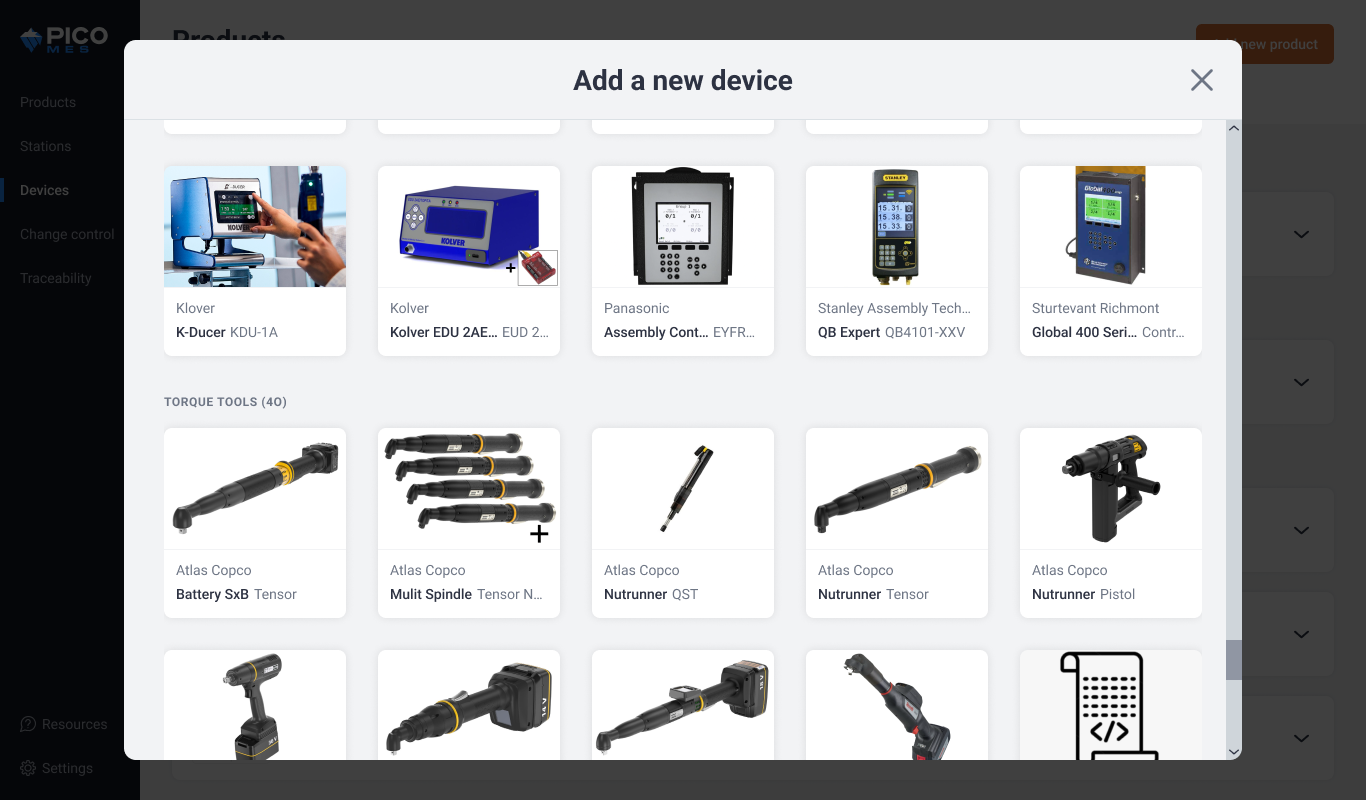#{ item.name }
#{ truncateText(item.metadescription) }
The manufacturing industry is at a critical juncture, facing challenges and opportunities that demand our attention. Eager to enhance efficiency, reduce costs, and stay competitive, 99% of manufacturers recognize the need to integrate advanced technologies. Despite this, only 47% have implemented automation, showing us that there is a gap between aspiration and implementation. As we step into 2024, the imperative is clear: it's time to pioneer innovations that will not only fortify small- and mid-sized factories but propel them toward a resilient, innovative, and successful future.
The past year has been a testament to the fragility of global supply chains. Inflation, geopolitical tensions, and the looming 2024 election adds layers of complexity to an already intricate landscape. Despite significant manufacturing investments from the federal government, the industry has witnessed stagnant output, grappled with a labor shortage, and faced increasing difficulty in keeping pace with demand. Enhanced supply chain resilience is needed in 2024 to ensure that American manufacturing can adapt to unforeseen challenges and remain competitive amid a competitive global marketplace.
The urgency for industry leaders to invest in supply chain visibility has never been more important. As I recently wrote in Supply Chain Digital, this risk is not a fleeting concern but a lasting challenge. Establishing data connections between major manufacturers and their supply base will undoubtedly elevate supply chain performance and lead to an unparalleled competitive advantage. Our goal at Pico MES is to lead this charge.
Additionally, the trend toward reshoring manufacturing to gain greater control, reduce lead times, and increase responsiveness to market demands will only continue to pick up steam. Surges of funding and tax incentives from recently enacted laws like the Infrastructure Investment and Jobs Act, Inflation Reduction Act, and the CHIPS Act offer continued opportunities to bring manufacturing jobs back to America and encourage domestic manufacturing, which in turn enhances our domestic supply chain security.
Between a shortage of skilled workers and increased competition across all industries, manufacturing jobs only increased 1.3% over the last four years. Hiring and retaining skilled employees remains a key hurdle for manufacturing and will only get tougher unless we respond effectively.
This means the industry must embrace modernized tech solutions that can adequately mesh with factory operations and are designed with the average factory worker in mind. Embracing software that efficiently upskills and trains workers leads to quality career pathways that maximize workers’ potential.
Factories are competing with fast food chains and grocery stores to recruit talent, which means the industry needs to consider providing well-compensated, reliable positions with clear avenues for growth and skill development. Proactively investing in comprehensive training programs, designed to empower individuals with essential skills, irrespective of their prior industry experience, helps construct a highly skilled workforce that leads us to reshoring initiatives and growth of the industry.
Far too often, small- to mid-size factories adopt legacy software out of a sense of false comfort of a known brand. These legacy systems were primarily designed for large, enterprise manufacturers, taking years to roll out and requires an army of consultants to make modifications. The key lies in breaking away from the "one-size-fits-all" solution and choosing a nimble solution that allows a factory to address nuanced challenges. Flexibility to implement technology tailored for a factory's unique needs is critical.
Notably, the belief that Artificial Intelligence will spearhead the digital revolution in manufacturing is questionable. To truly harness the power of AI, companies must first establish a robust digital backbone. Although incremental advancements are on the horizon, a comprehensive rollout within the sector seems distant.
As we head into 2024, manufacturing faces challenges and opportunities alike. Pico MES stands unwavering in its commitment to championing resilient supply chains, nurturing talent, and driving technological evolution. In the upcoming year, let's embark on this journey together, embracing change as the catalyst for progress and innovation. Here's to a dynamic and prosperous 2024.
#{ truncateText(item.metadescription) }
Step into the future of factory operations with Pico MES. Start your journey toward a more efficient, error-proof factory floor today.
